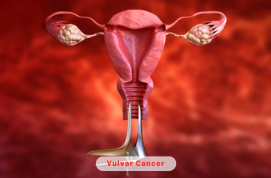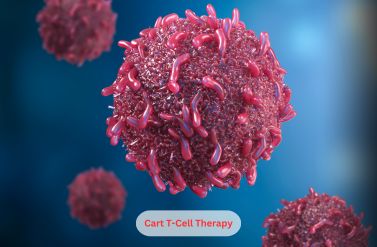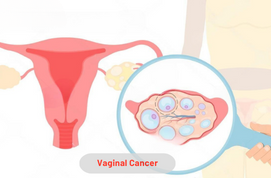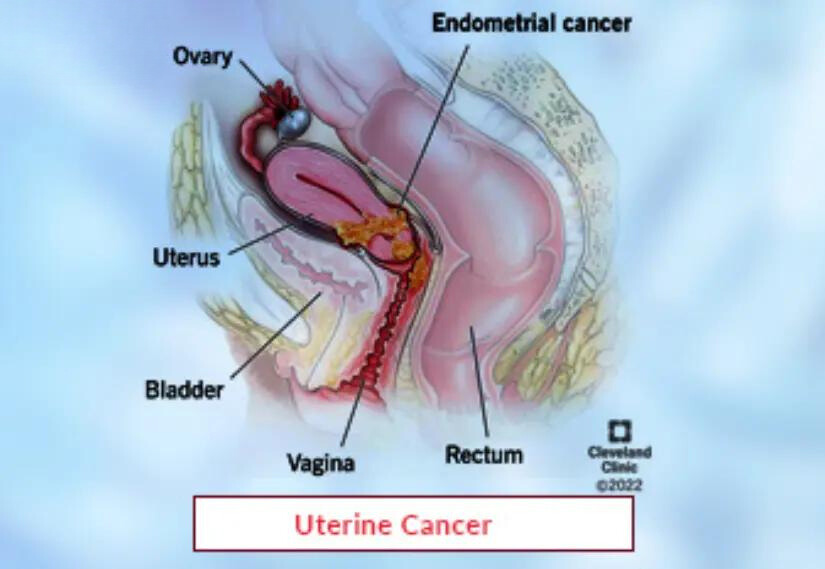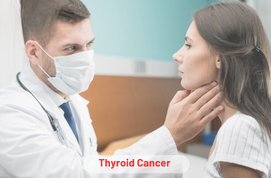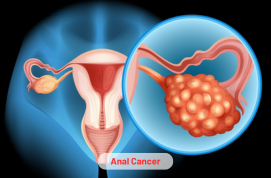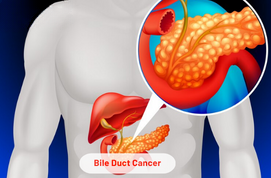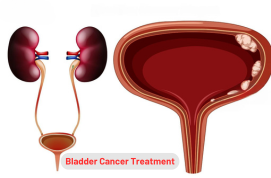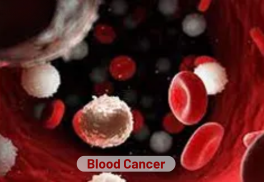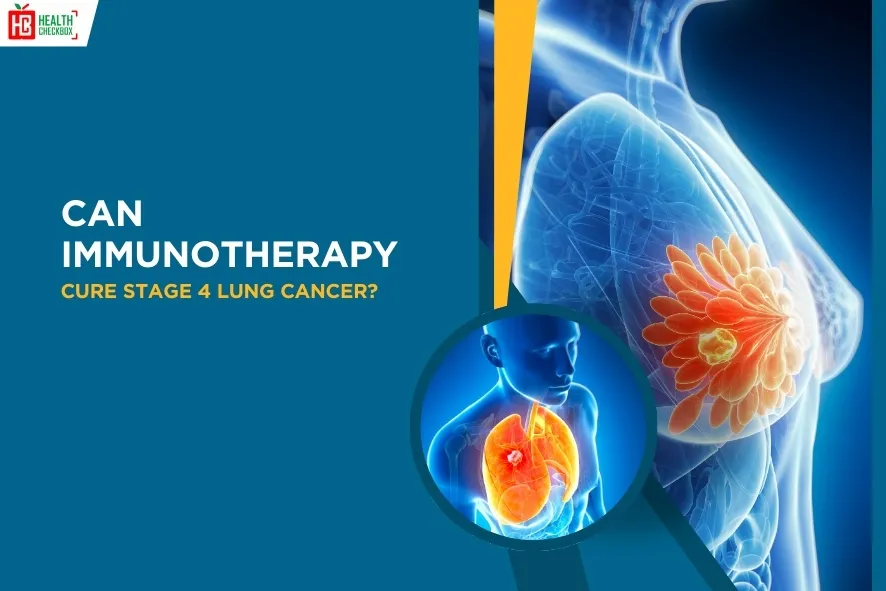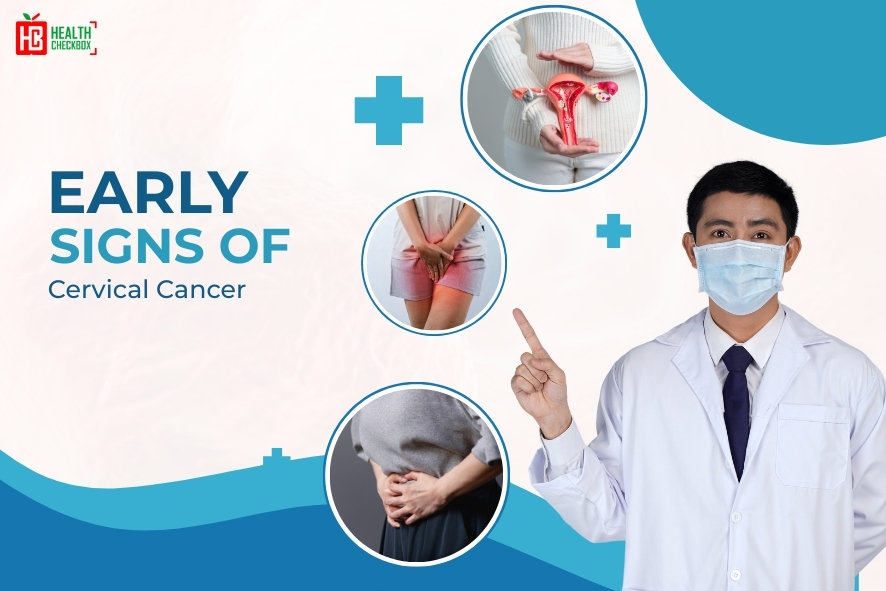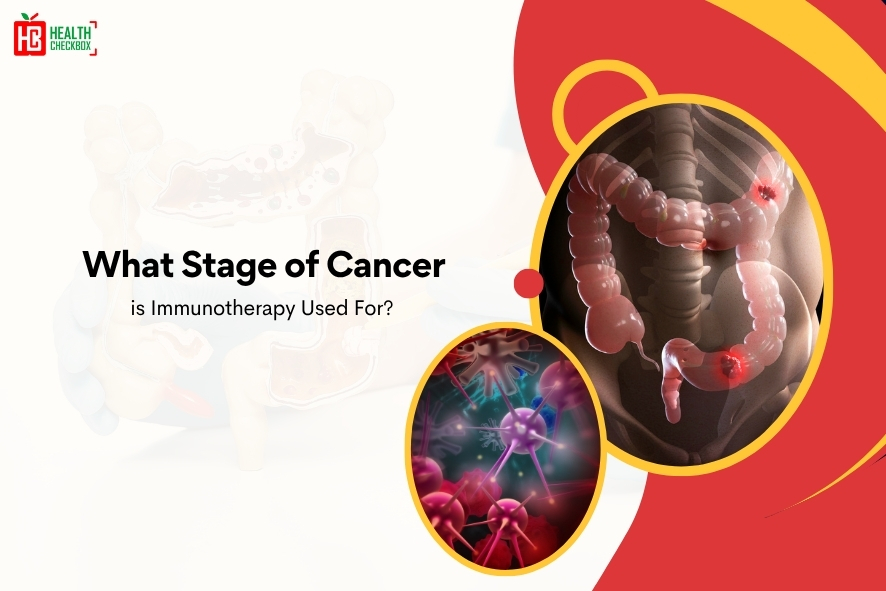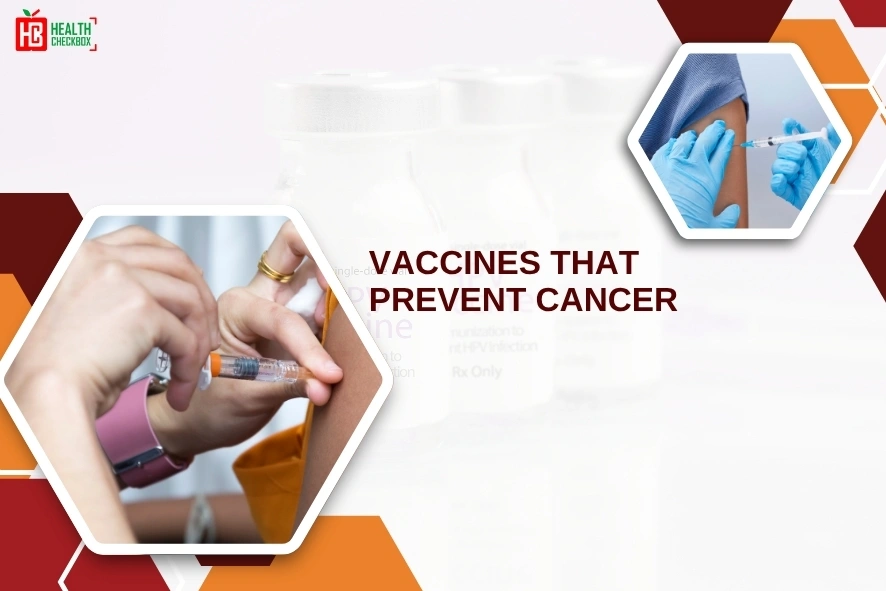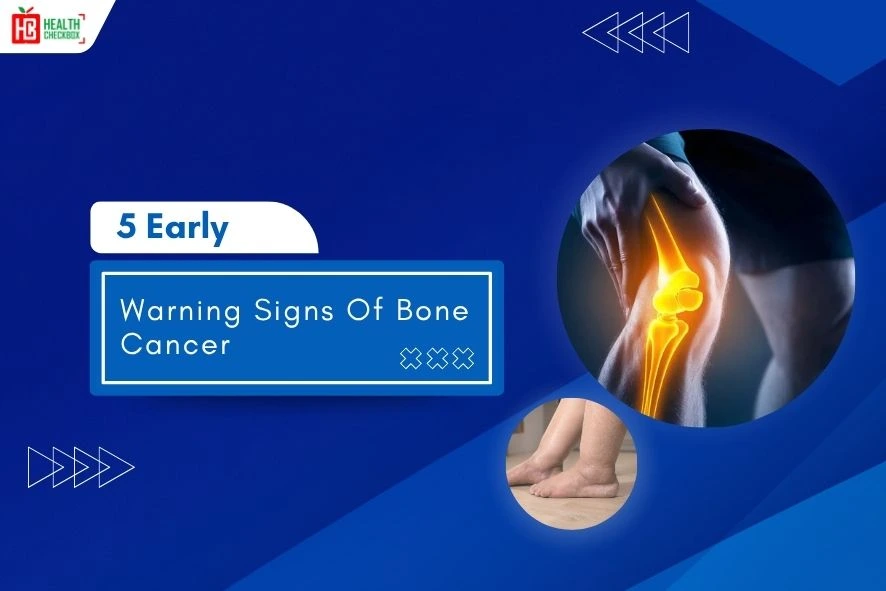Both men and women suffer from different health-related issues in which vulvar cancer is one of them. It is a cancer that leads to several deaths in our world. This problem occurs due to tobacco or HIV infections. A person who has experienced this problem can get vulvar cancer treatment or different medical treatments.
However, vulvar cancer is a rare disease and mostly affects women. It affects the vulva, a part of a female’s vagina. It occurs when abnormal cells grow uncontrollably in this area in the form of tumor. The risk factors of this problem are HPV infection and chronic irritation. Early detection of vulvar cancer is essential for recovery.
Types of Vulvar Cancer
This cancer is of different types, which are as follows:
- Squamous Cell Carcinoma: It is the most common cancer, which affects squamous cells in the vulva. This problem occurs due to sores or lumps in this area, which are not easily cured or prevented by the doctor.
- Melanoma: It occurs in melanocytes, which leads to skin pigmentation in patients. This cancer is less common and more aggressive for them. It appears as a dark and irregularly shaped spot in the vulva.
- Basal Cell Carcinoma: It is a skin cancer that occurs in basal cells, a lower part of the outer layer of skin. This problem grows slowly and leads to local damage in the vulva.
- Paget’s Disease: This problem is rare and slow-growing, which usually affects the skin surface in the vulva. It leads to pain and itching in women, which can be treated through surgery or imiquimod cream. This Paget’s disease is similar to Paget’s disease in the breast.
- Sarcoma: It is a rare vulvar cancer that occurs in muscles or blood vessels. This problem leads to swelling or lump in the vulvar area.
Symptoms of Vulvar Cancer
The symptoms that occur due to this cancer are as follows:
- Skin Discoloration: Unusual redness, thickening, or discoloration in the skin of the vulva may be a sign and symptom of vulvar cancer.
- Swelling: If cancer is affected in nearby lymph nodes, then it may swell in the vulva or groin area.
- Lump or Growth: Lumps might be painful, harder, or irregular in shape. It may be noticeable and cannot go away.
- Abnormal Discharge: The abnormal discharge can be clear, bloody, and have an unusual odor, which might be accompanied by other symptoms. This leads to harmful effects in patients.
- Itching or Discomfort: Itching in the vulvar area can be severe and continuous, causing discomfort in individuals. It is another symptom that occurs due to this cancer.
- Sores or Ulcers: The sores or ulcers occur due to vulvar cancer in the vulva, which is not cured easily. It might be painful or bleeding in patients.
Diagnosis of Vulvar Cancer
Vulvar cancer can be diagnosed in several ways:
- Cystoscopy: It is a procedure that examines vulvar cancer in the ladder and urethra. The doctor uses a lighted tube to check this problem.
- Biopsy: This procedure tests vulvar cancer by removing sample of tissue from the vulva. It is performed in a healthcare professional’s office or operation room.
- Colposcopy: This procedure checks cancer in vagina, vulva, and cervix. It involves a specialized instrument known as a colposcope to examine this problem.
- MRI Scan: MRI creates cross-sectional images with strong magnets and radio waves. It is an important procedure for the treatment of vulvar cancer. This scan also shows that the cancer affected the brain and spinal cord.
- CT Scan: It is an X-ray test that helps in detecting vulvar cancer or enlarged lymph nodes in patients. It checks the cancer in the lymph nodes and other body parts. This procedure is useful in treating large vulvar cancers.
- PET Scan: It is a useful imaging test that manages vulvar cancer in lymph nodes and other body parts. This procedure is used in the form of radioactive sugar, which is put into the blood. It creates images of affected areas to provide helpful information about them.
- Proctoscopy: This procedure involves treating vulvar cancer spread to the rectum and anus. A thin and lighted tube is used for the treatment.
Treatments For Vulvar Cancer
There are different types of vulvar cancer treatment, which are as follows:
Surgery
It is a primary treatment of vulvar cancer, which involves several procedures:
- Removal of Lymph Nodes: If lymph nodes are affected due to vulvar cancer, then they need to be removed, which helps in reducing its risk.
- Removing Vulva Part or the Entire Vulva: When suffering from large cancer, then Vulvectomy is the best option for the treatment. It is a surgery that involves the removal of the vulva. Partial vulvectomy is the removal of part of the vulva, whereas radical vulvectomy is the removal of the entire vulva.
- Removal of Cancer and Some Healthy Tissues: An excision involves cutting down a margin of healthy-looking tissue, which ensures the removal of all cancer cells. This procedure is also known as wide local excision or radical excision.
Radiation Therapy
This therapy uses powerful energy beams, which are delivered from X-rays, protons, etc. A patient must lie on the table during radiation therapy. The machine moves around him or her and radiates precise points of the body. Radiation therapy is used to kill cancer cells found around the lymph nodes. It combines with chemotherapy to treat this problem.
Chemotherapy
It uses strong medicines that treat vulvar cancer affecting other parts of the body. Chemotherapy is combined with radiation therapy to treat large vulvar cancer or cancer around lymph nodes.
Immunotherapy
This therapy helps the body’s immune system to fight diseases by attacking germs and other cancer cells. These cells survive by hiding from this system. It is also useful for the treatment of advanced vulvar cancer.
Targeted Therapy
It uses medicinal drugs that target specific molecules present in cancer cells. This blocks these chemicals that lead to death in these cells. It also treats advanced vulvar cancer similarly to immunotherapy.
How to Prevent Vulvar Cancer?
Vulvar Cancer can be prevented in the following ways:
- Pelvic Exam: The doctor checks the risk factors and symptoms through complete medical history. After that, he or she will examine this problem through a pelvic exam. It is the first step in preventing this cancer in patients. A doctor will also perform a Pap or HPV test for the vagina and cervix.
- Avoid Tobacco: Smoking tobacco leads to an increased risk of vulvar cancer. If you are unable to quit, then consult with your healthcare provider. This problem might be treated through medicines and counseling.
- Lower HPV Infection risk: HPV increases the risk of vulvar cancer due to sexual contact. If you want to reduce this problem, then follow these steps:
- Use Condom: A Condom might be helpful for HPV risk, but it does not provide full protection from this problem.
- Get the HPV Vaccine: The Vaccine provides protection from the virus due to vulvar cancer. You can talk to your healthcare provider about the HPV vaccine.
Latest Health Tips
Can Immunotherapy Cure Stage 4 Lung Cancer?
Early Signs of Cervical Cancer
Foods that Kill Cancer: Leafy Vegetables, Grains, & More
What Stage of Cancer is Immunotherapy Used For?
Which is Worse for Cancer, Sugar or Alcohol?
Vaccines That Prevent Cancer
What Kills Cancer Cells in the Body Naturally?
Early Warning Signs of Bone Cancer
Submit Your Enquiry
Testimonials








